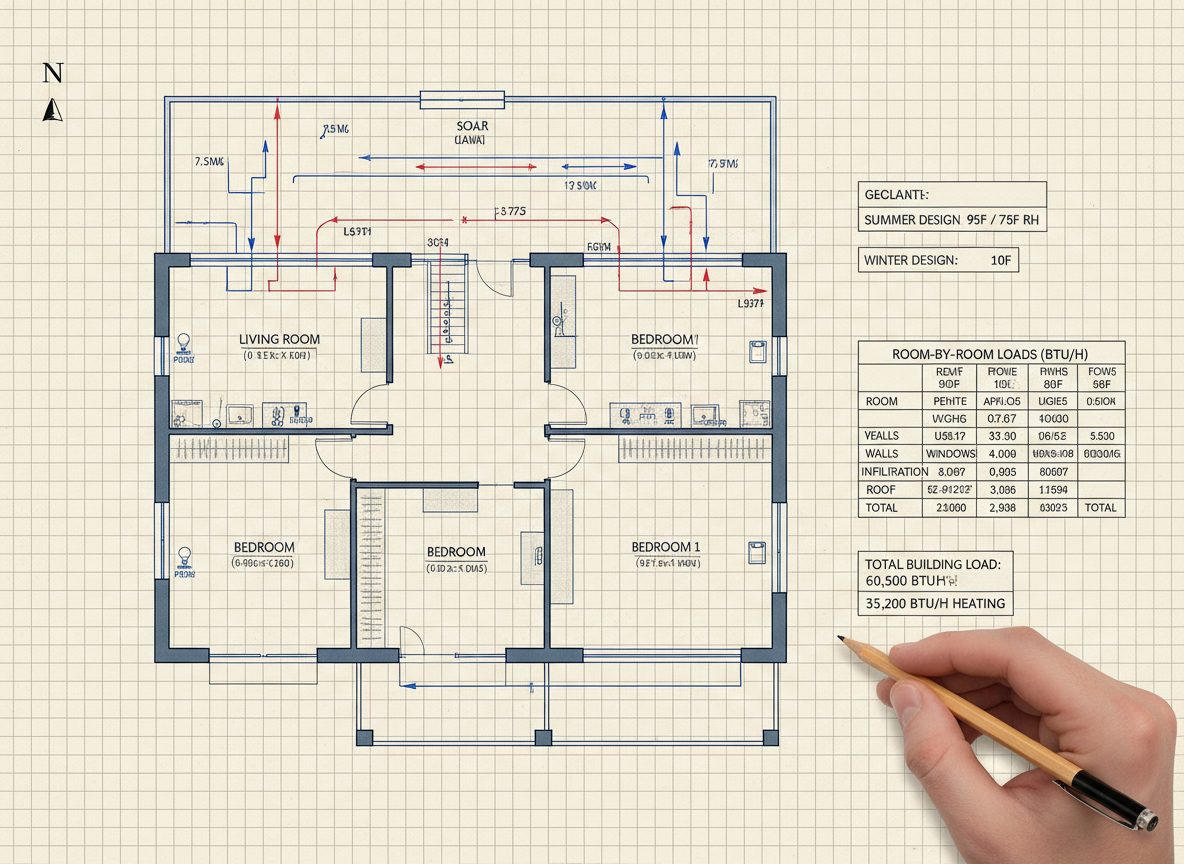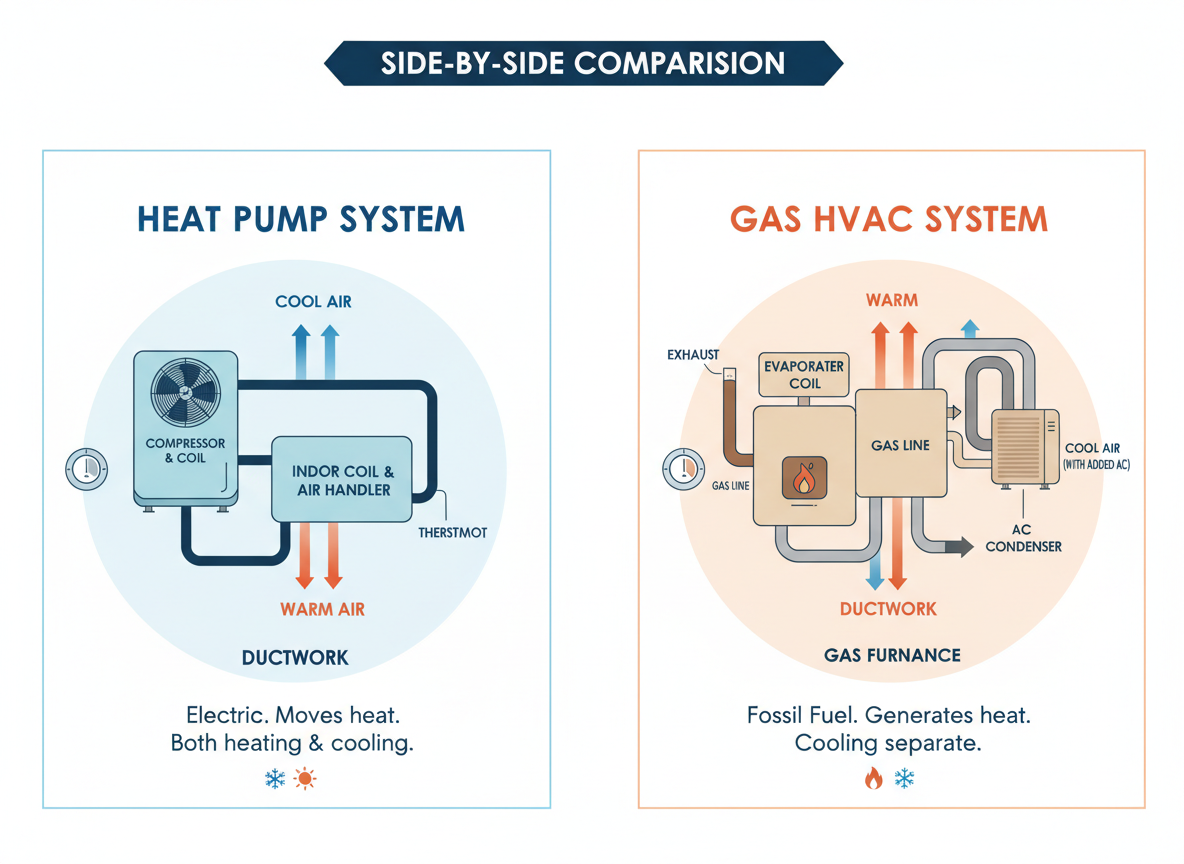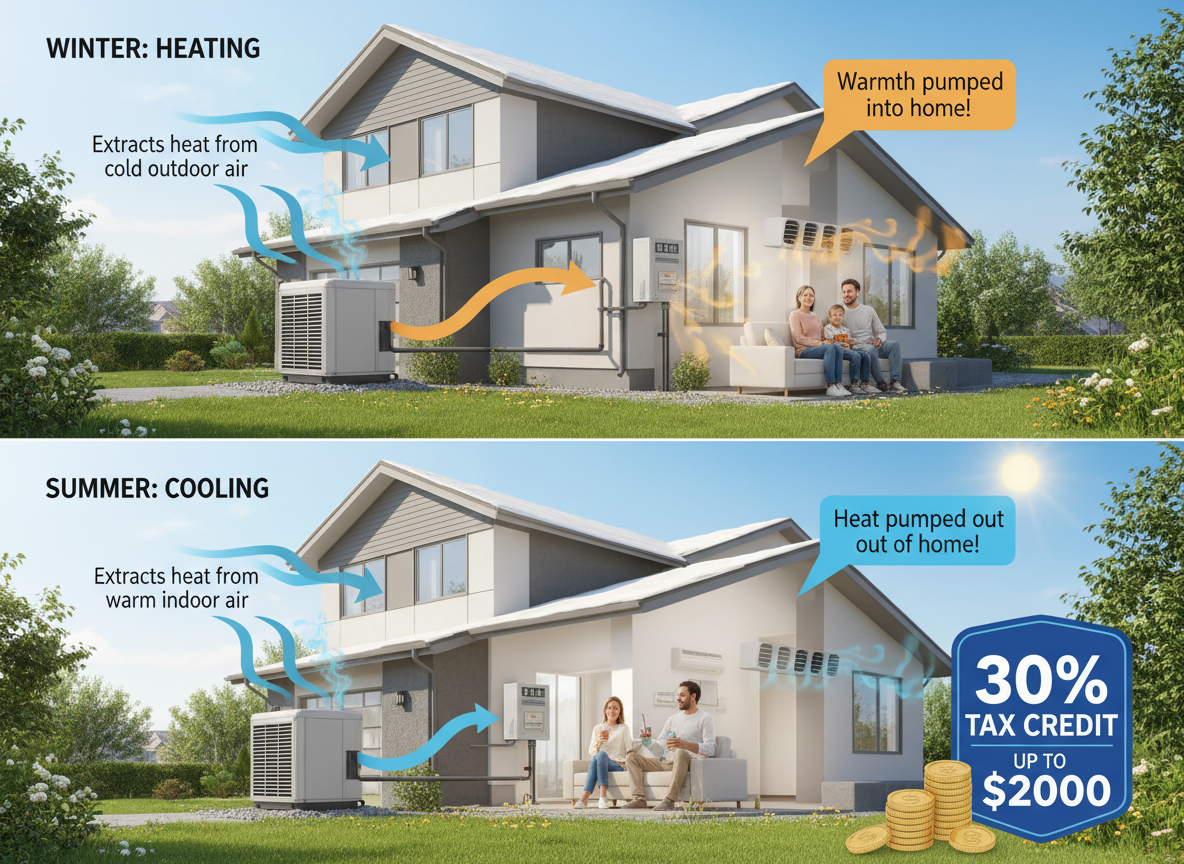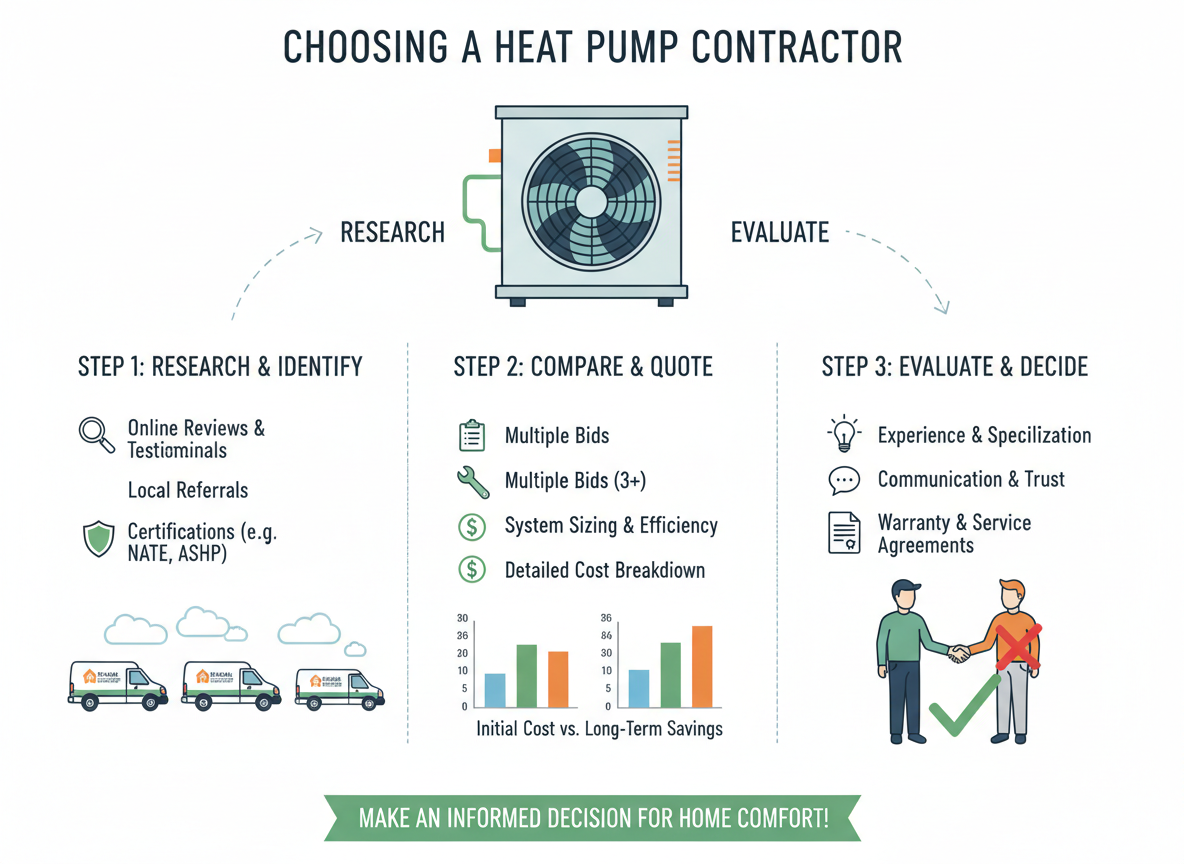
How HVAC Systems Help Reduce Allergens in Your Home
If you or someone in your home suffers from allergies, you're not alone. Common allergens like dust mites, pet dander, mold, and pollen can make indoor air uncomfortable and even harmful. Luckily, your HVAC system can help reduce these allergens and improve your indoor air quality.
By using filtration, ventilation, humidity control, and regular maintenance, your HVAC system can help create a cleaner, healthier home.
1. Filtration: Catching Allergens in the Air
Your HVAC system's air filter is the first line of defense against allergens.
- HEPA filters (High-Efficiency Particulate Air) are especially good at trapping tiny particles—some as small as 0.3 microns! That includes dust, pollen, pet dander, and mold spores.
- It’s important to change or clean your filter regularly so it doesn't get clogged and keeps working well.
2. Humidity Control: Keep Moisture Balanced
Too much moisture in the air can help allergens grow—especially mold and dust mites.
- HVAC systems can include humidifiers or dehumidifiers to keep the indoor air balanced.
- The ideal humidity level is between 30% and 50%.
- This helps stop mold and mildew and keeps the air healthier to breathe.
3. Ventilation: Bring in Fresh Air
Good airflow is key to keeping indoor air clean.
- HVAC systems pull out stale indoor air and replace it with fresh outdoor air.
- This reduces allergen buildup by moving pollutants out and bringing clean air in.
- Placing vents and fans in the right spots helps keep air moving throughout your home.
4. Sealing Ductwork: Stop Outside Allergens from Sneaking In
If your ducts have leaks, outside allergens like pollen and dust can enter your system and spread through the house.
- Sealing your ductwork stops these leaks.
- It also helps your HVAC system run more efficiently by sending air exactly where it's needed without contamination.
5. Regular Maintenance: Keep Your System Running Clean
Like any machine, your HVAC system needs regular checkups to keep working well.
- Clean the coils, change filters, and have your ducts inspected regularly.
- This helps prevent allergens from building up and keeps the system running smoothly.
- A professional HVAC tune-up can catch problems early and improve your indoor air quality.
6. UV Lights & Air Scrubbers: Kill Germs and Mold
You can add UV lights or an air scrubber to your HVAC system for extra protection.
- UV lights use special light to kill bacteria, mold, and viruses as air passes through the system.
- An air scrubber goes even further by sending out ions that help trap and destroy germs both in the air and on surfaces.
These systems are great for people with allergies or asthma.
7. Air Purifiers: Extra Help in Specific Rooms
In addition to your HVAC system, you can use portable air purifiers in bedrooms or living areas.
- Look for purifiers with HEPA filters for the best allergen control.
- They help remove extra dust, pollen, and dander in the areas you use most.
8. Pest Control: Fighting Dust Mites Naturally
Did you know your HVAC system can help with pest control too?
- Dust mites love warm, humid places.
- By keeping your home’s humidity under control and improving airflow, your HVAC system helps make the environment less inviting for these tiny pests.
Contact Our Indoor Air Quality Specialist
In the battle against indoor allergens, HVAC systems emerge as indispensable allies, offering multifaceted solutions for allergen reduction. Through advanced filtration, precise humidity control, strategic ventilation, and diligent maintenance, HVAC systems create a healthier indoor environment, free from the scourge of allergens.
By harnessing the capabilities of HVAC technology and adopting proactive allergen mitigation strategies, homeowners can enjoy cleaner air, improved respiratory health, and enhanced overall well-being within the sanctuary of their homes. Give us a call today or contact us online to schedule maintenance, air scrubber installation, air conditioning repair, or AC replacement.






















.png)














